Gran Canaria , 2021
SISTERSHOOP
Performance featuring twenty-five female basketball players—a demonstration for women's rights
11 photos, 92 × 112 cm and 112 × 92 cm
Sistershoop brunette, 2021: Basketball hoop created from human hair
Sistershoop mantilla canaria, 2021
Sistershoop Video, 2021: 5'25"
Continuing her work of exploring new ways of demonstration to reclaim urgent human rights, Framis worked very closely with a team of female basketball players from the island of Gran Canaria, Spain. Through her one-year research, Framis interviewed the Canterbury Lions basketball team and then crystallized her findings in a selection of performances, photos, sculptures, and videos that address the relation of women and sports nowadays, reclaiming visibility, equality, and financial support.
Framis designed two new complex outfits for two imaginary clubs: one outfit includes on their backs sentences from the book Glitch Feminism by Legacy Russell, a manifesto of finding liberation in the glitch between body, gender, and technology; the second one incorporated the expression "SAFE SPACE," a term for an area or forum where either a marginalized group is not supposed to face standard mainstream stereotypes and marginalization, or in which a shared political or social viewpoint is required to participate in the space. While notions of "safe space" are frequently invoked in wider feminist environments, they are relatively neglected in academia. Despite a body of scholarship which looks at questions of gender, safety, and space, relatively little attention has been paid to exploring the meaning of "safety" for women and, particularly, the meaning and experience of spaces they consider to be "safe."
The exhibition Sistershoop is about SISTERHOOD, a key feature of feminism, providing a collective sense of unity and purpose but also demonstrating the solidarity of the feminist movement. The fourth wave of feminism with its "hashtag activism" is responsible for building bonds among women, creating networks of mutual support and strengthening their awareness of social and legal rights. Online social networks allow women and girls to surf across national, cultural, class, and religious boundaries and recognize common conditions, problems, and feelings, as well as create a culture that challenges misogyny and sexism.
The exhibition Sistershoop: Garments and Rights at CAAM – The Atlantic Center for Modern Art (21 Oct 2021 – 30 Jan 2022) also incorporates a selection of emblematic works that are part of Framis's artistic production, in which the artist shows her opinion on issues such as the problem of structural inequality suffered by women in contemporary society. This exhibition project dedicated to women's basketball pays tribute to the women who practice this sport, and wishes to make them visible and claim the need for them to be present in the media and receive support from companies and other institutions.
The exhibition includes a catalog SISTERSHOOP: GARMENTS AND RIGHTS, with texts by Marta Fernández, ex-basketball player of the official Spanish basketball team, and Román Padín, art and fashion critic.
Thanks to: Orlando Britto, Cristina Deniz, Cabildo de Las Palmas, Galería Juana de Aizpuru, Horrach Moya Gallery Mallorca, Upstream Gallery Amsterdam
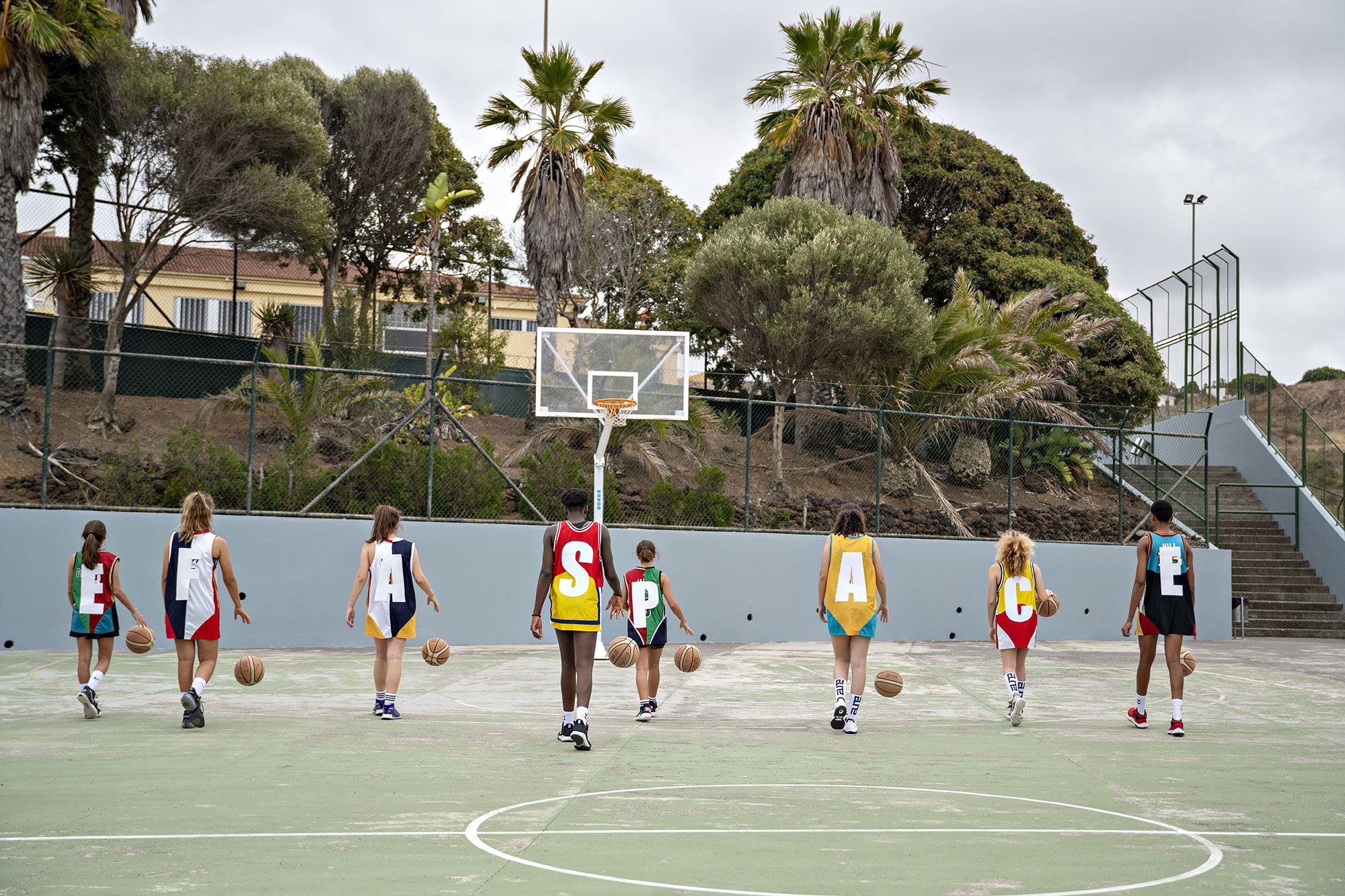
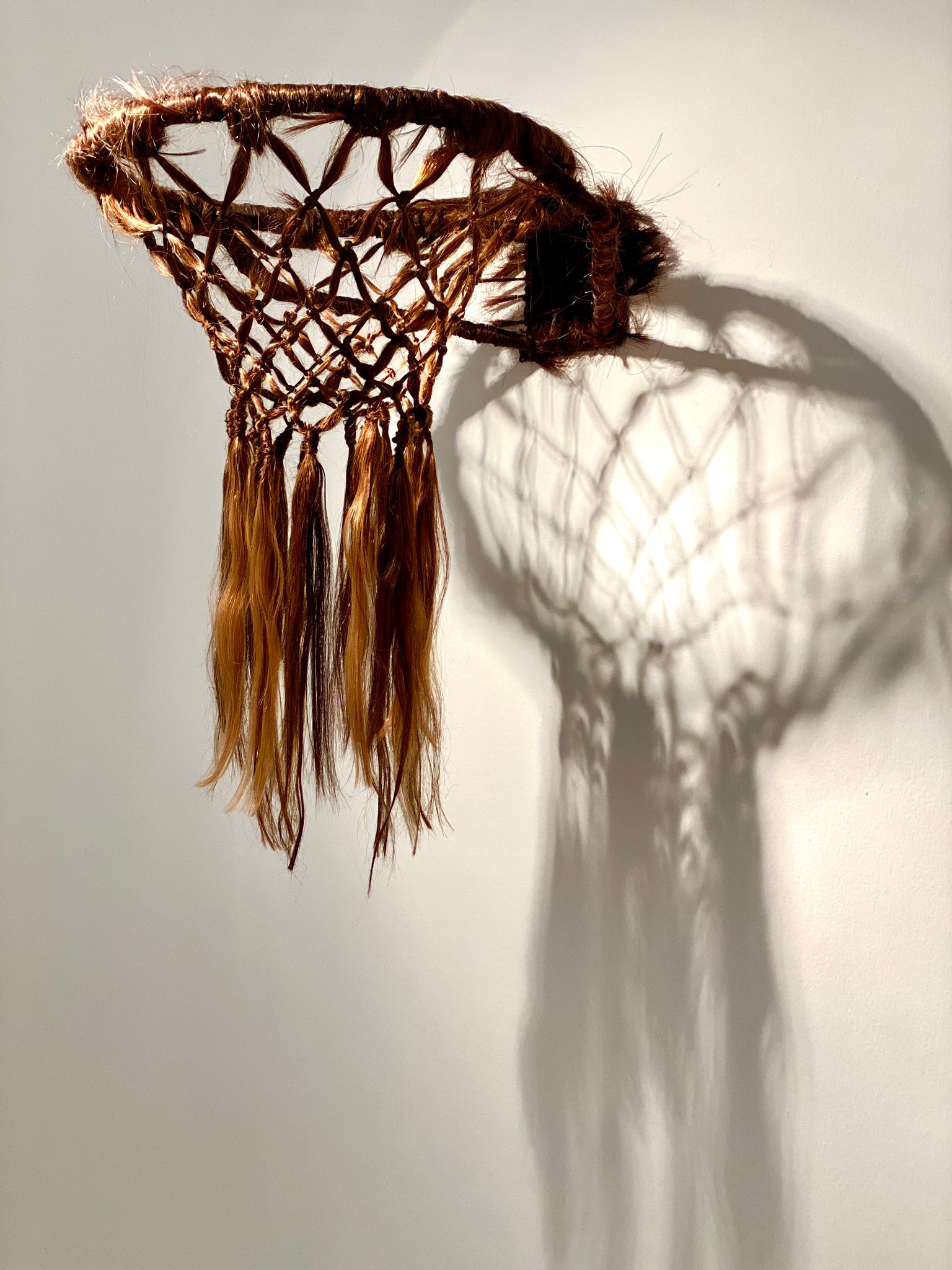
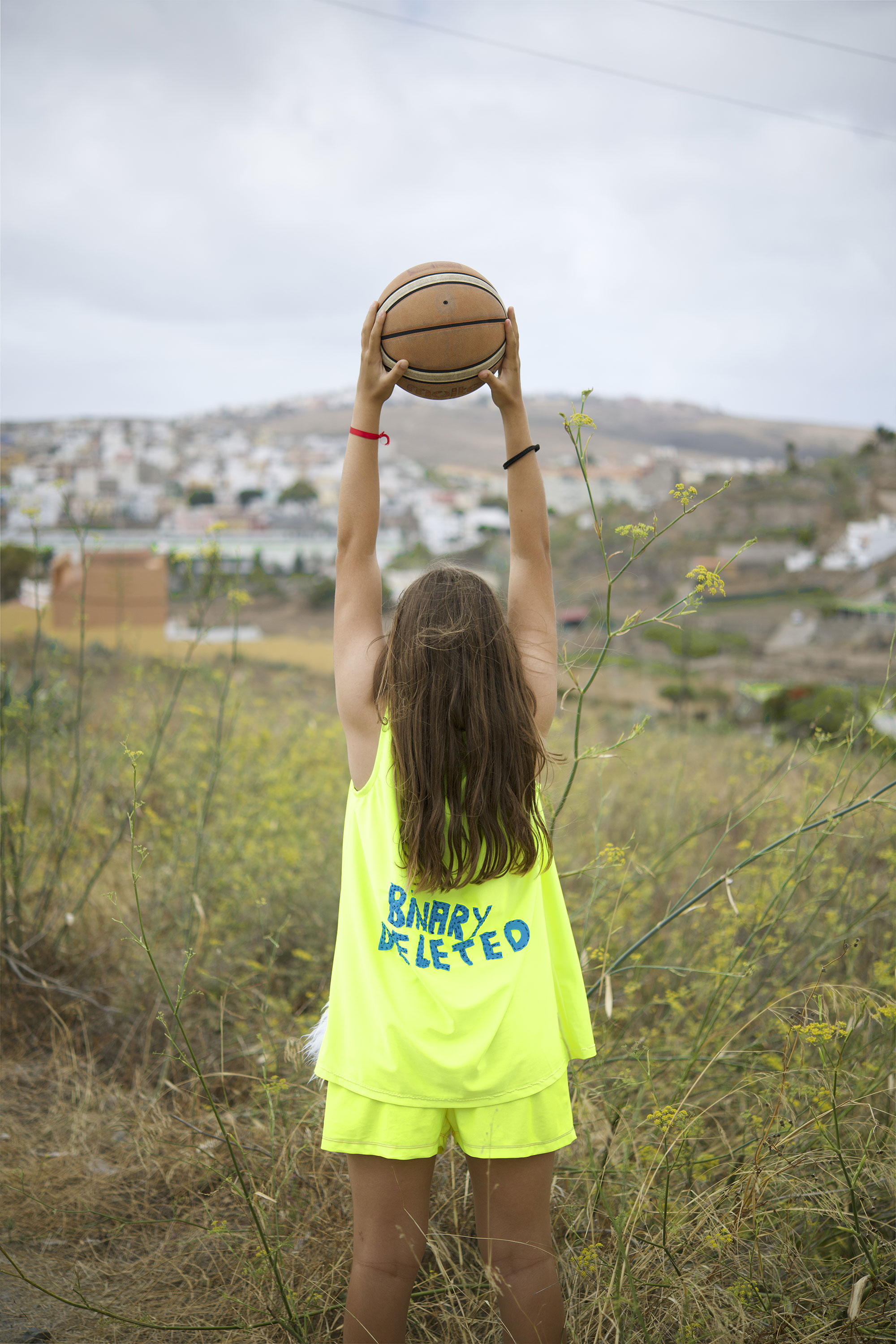
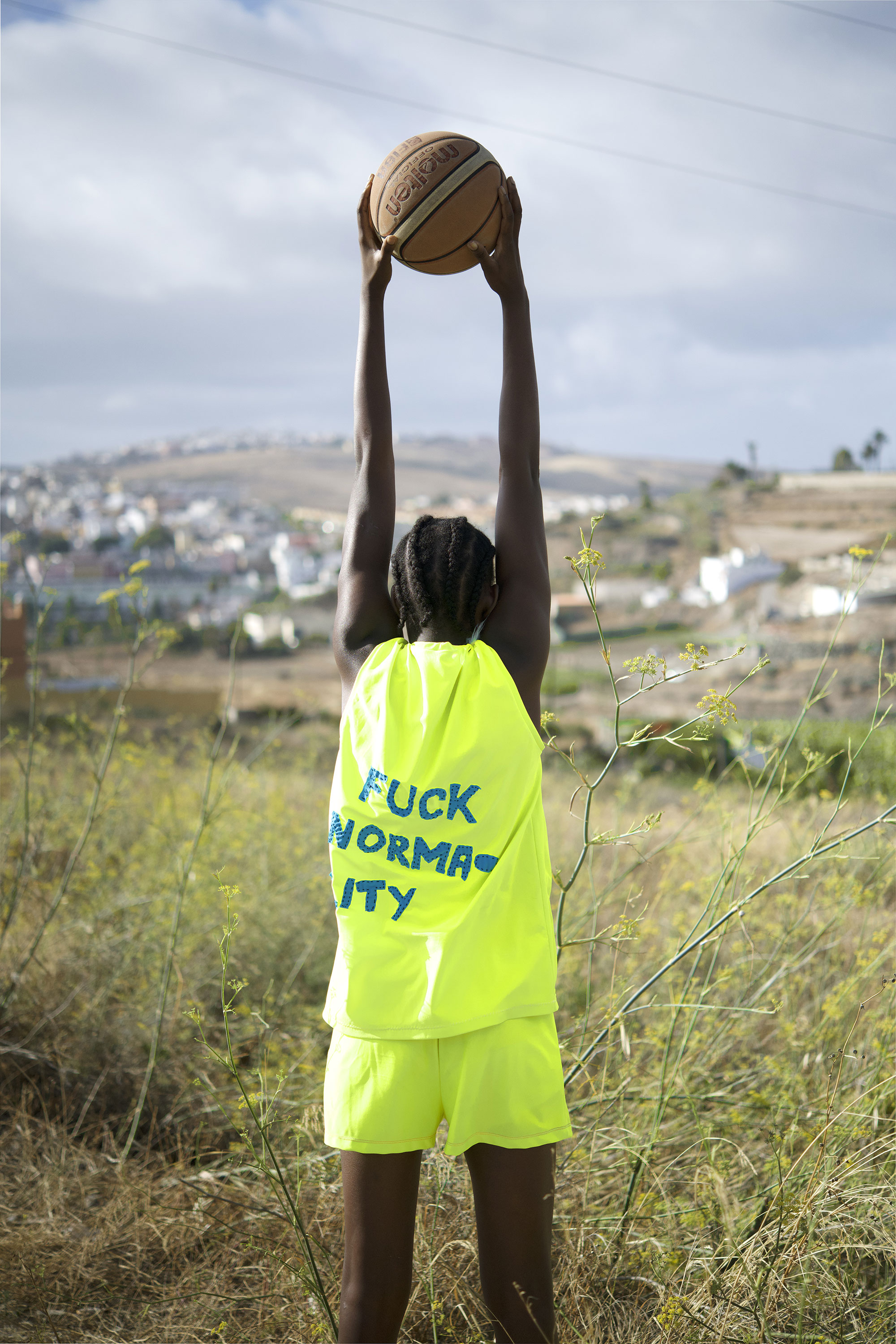
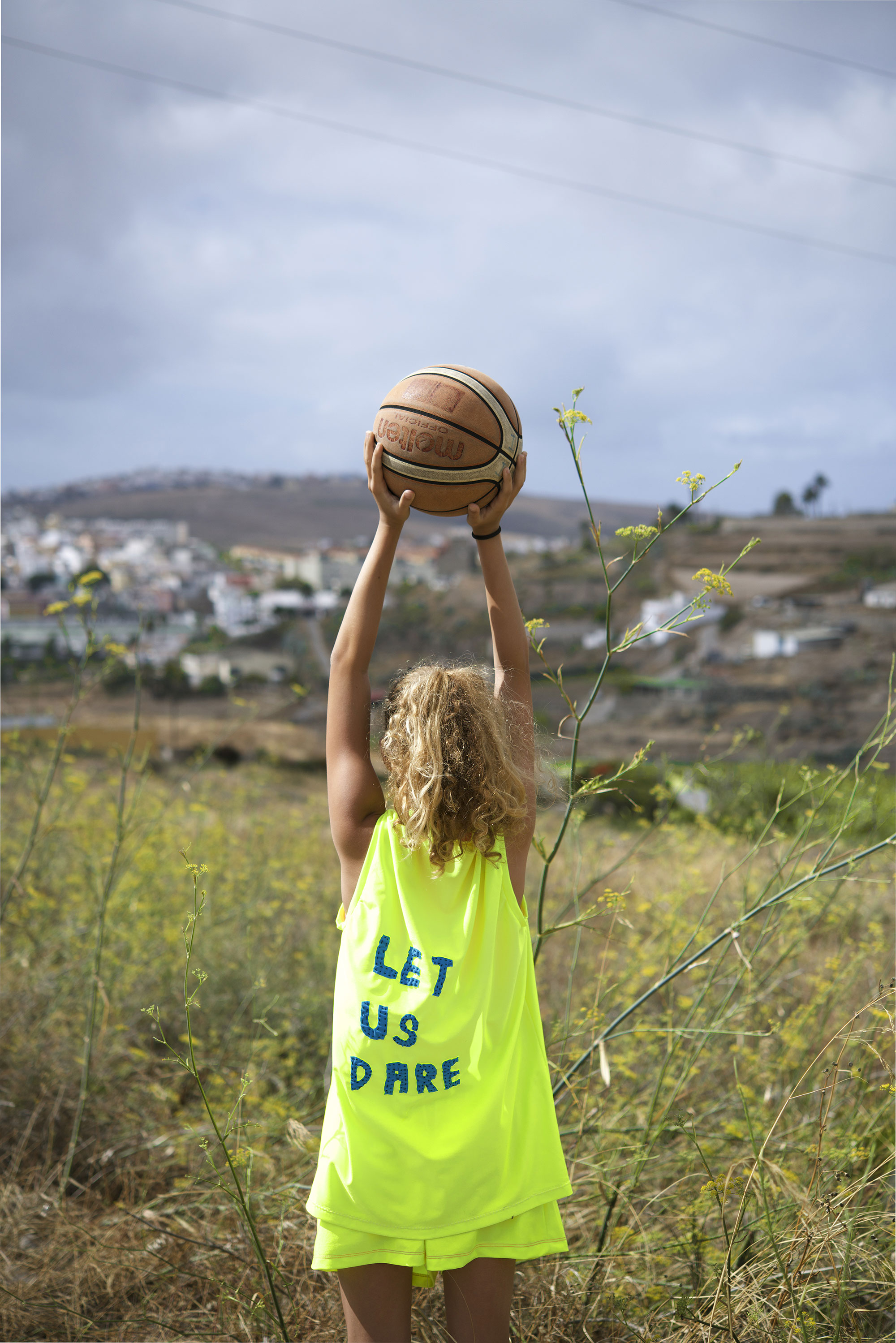
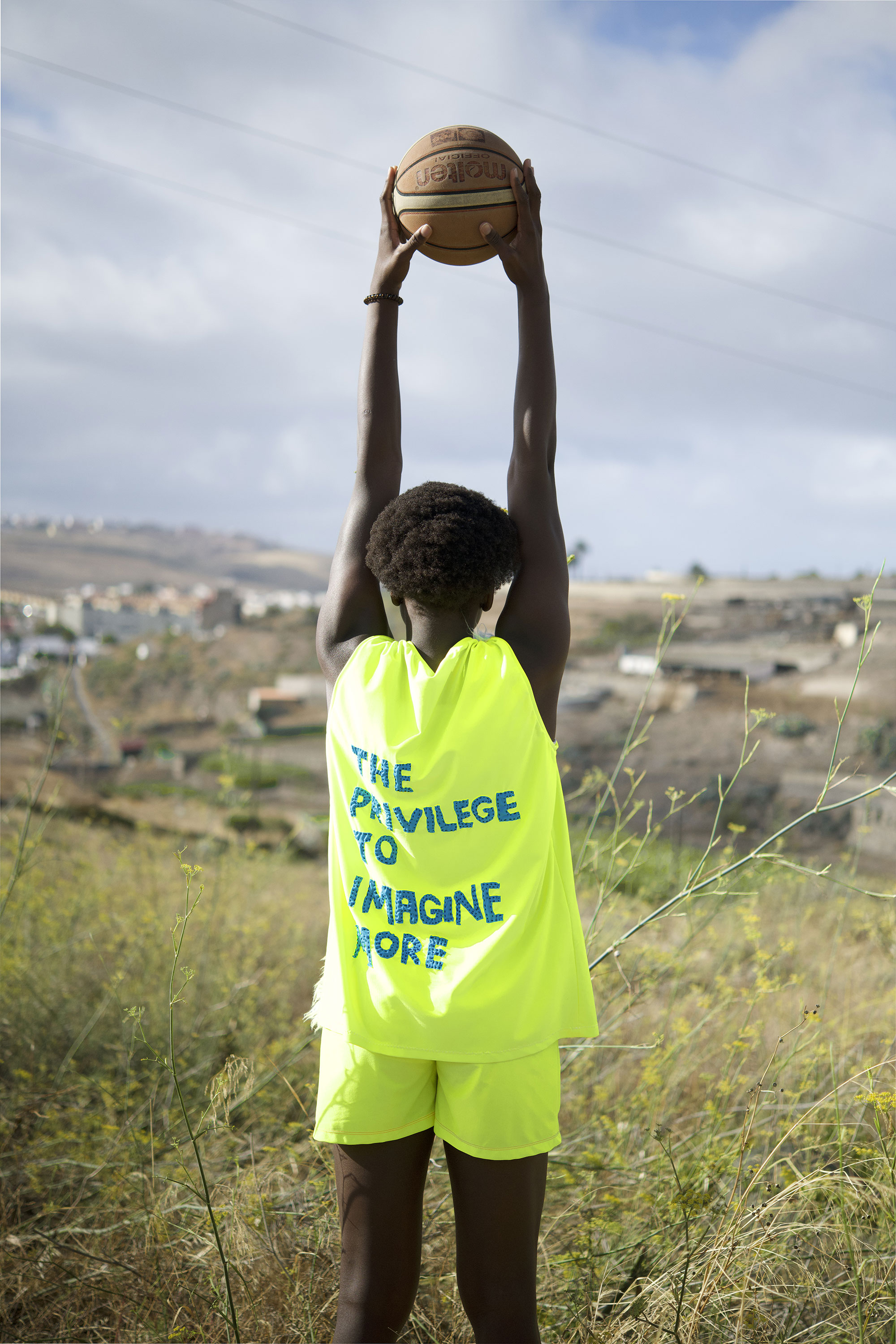
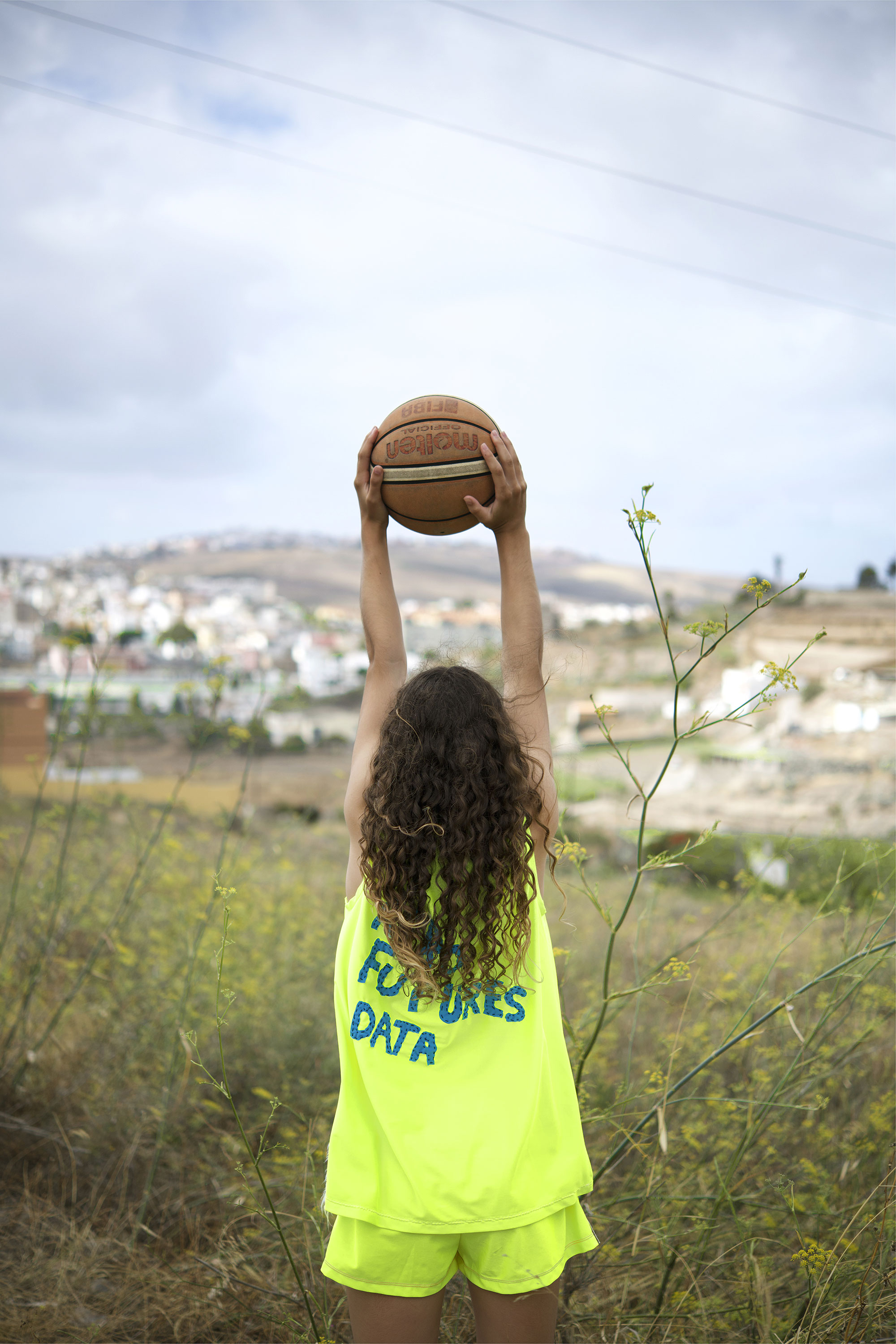
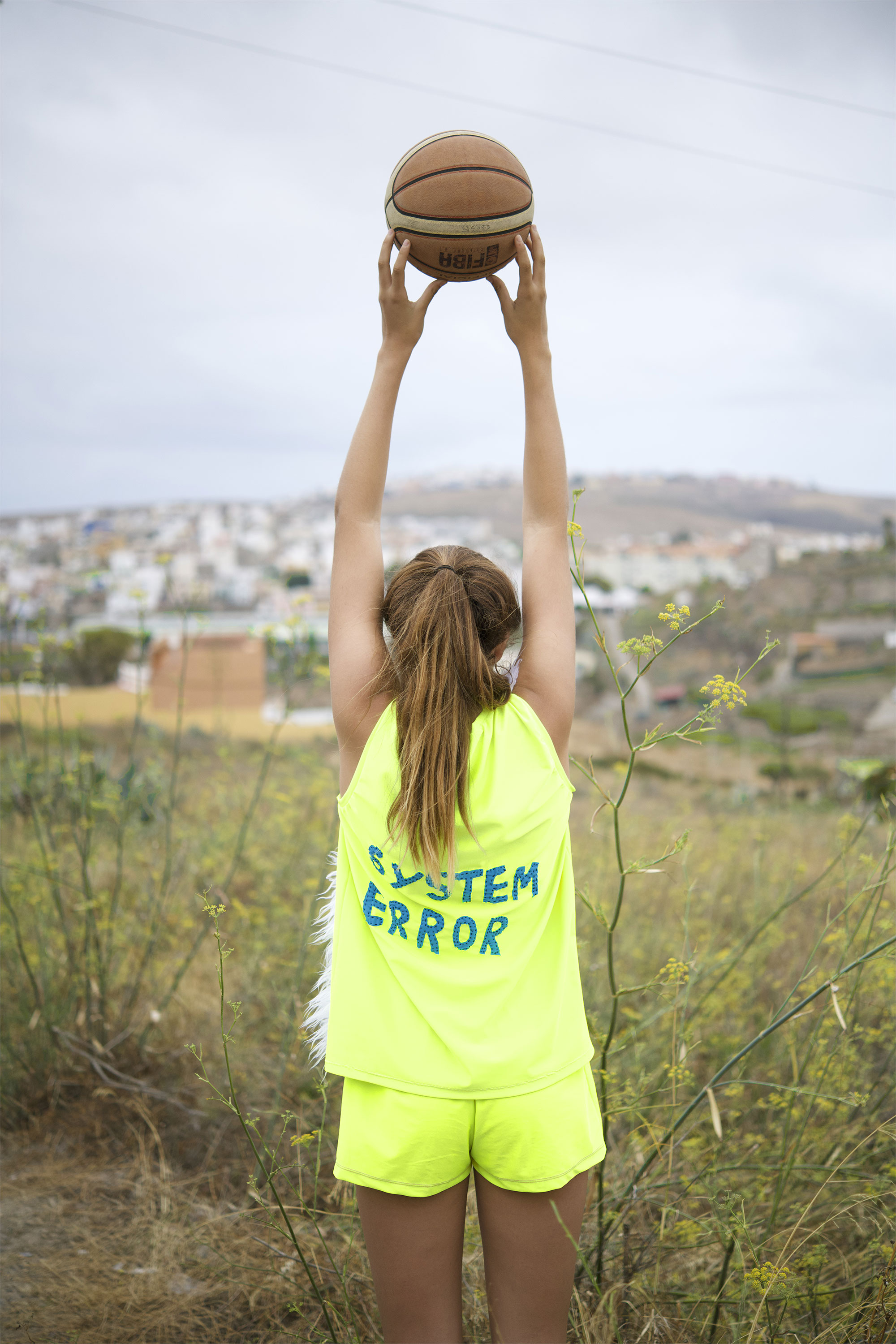
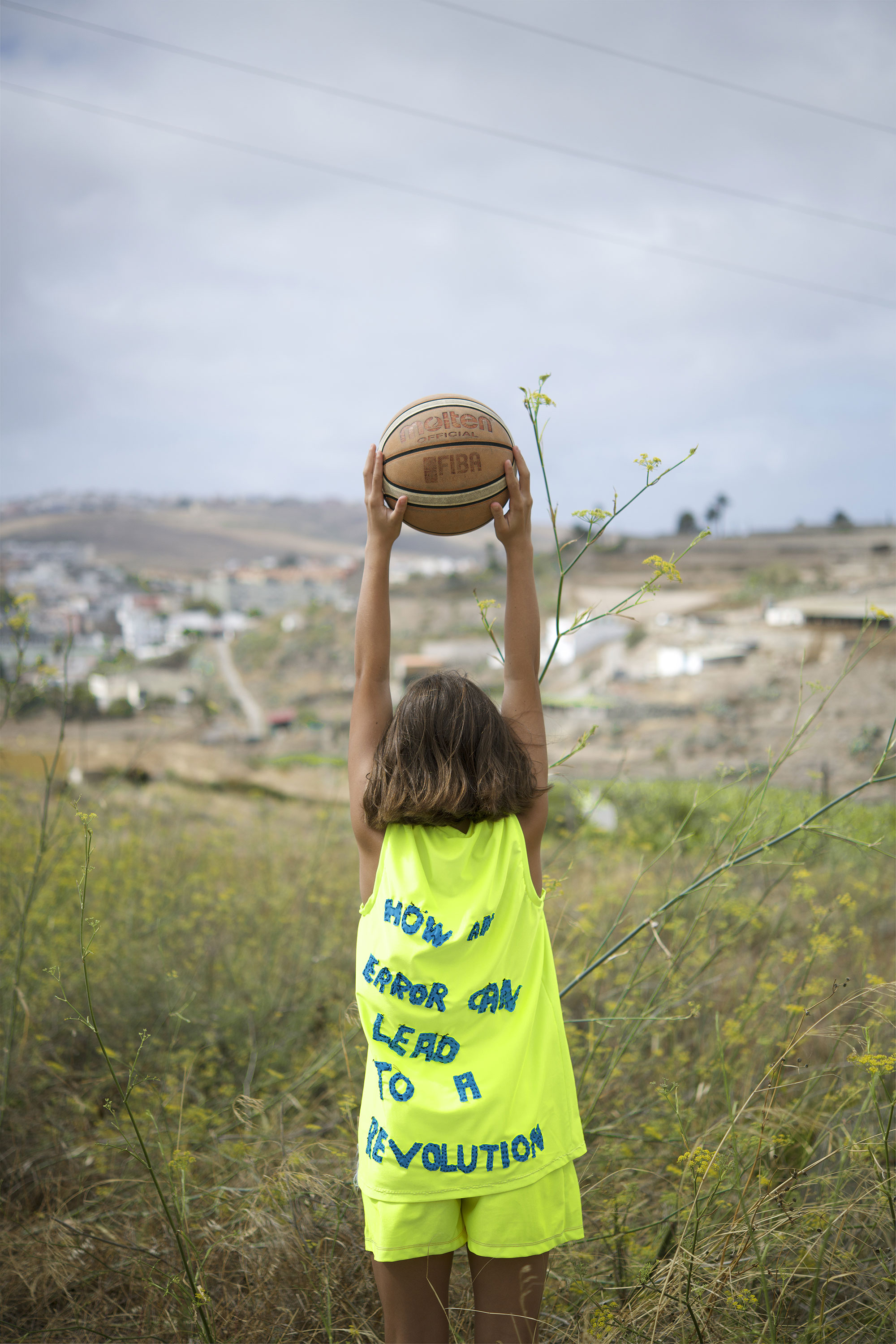
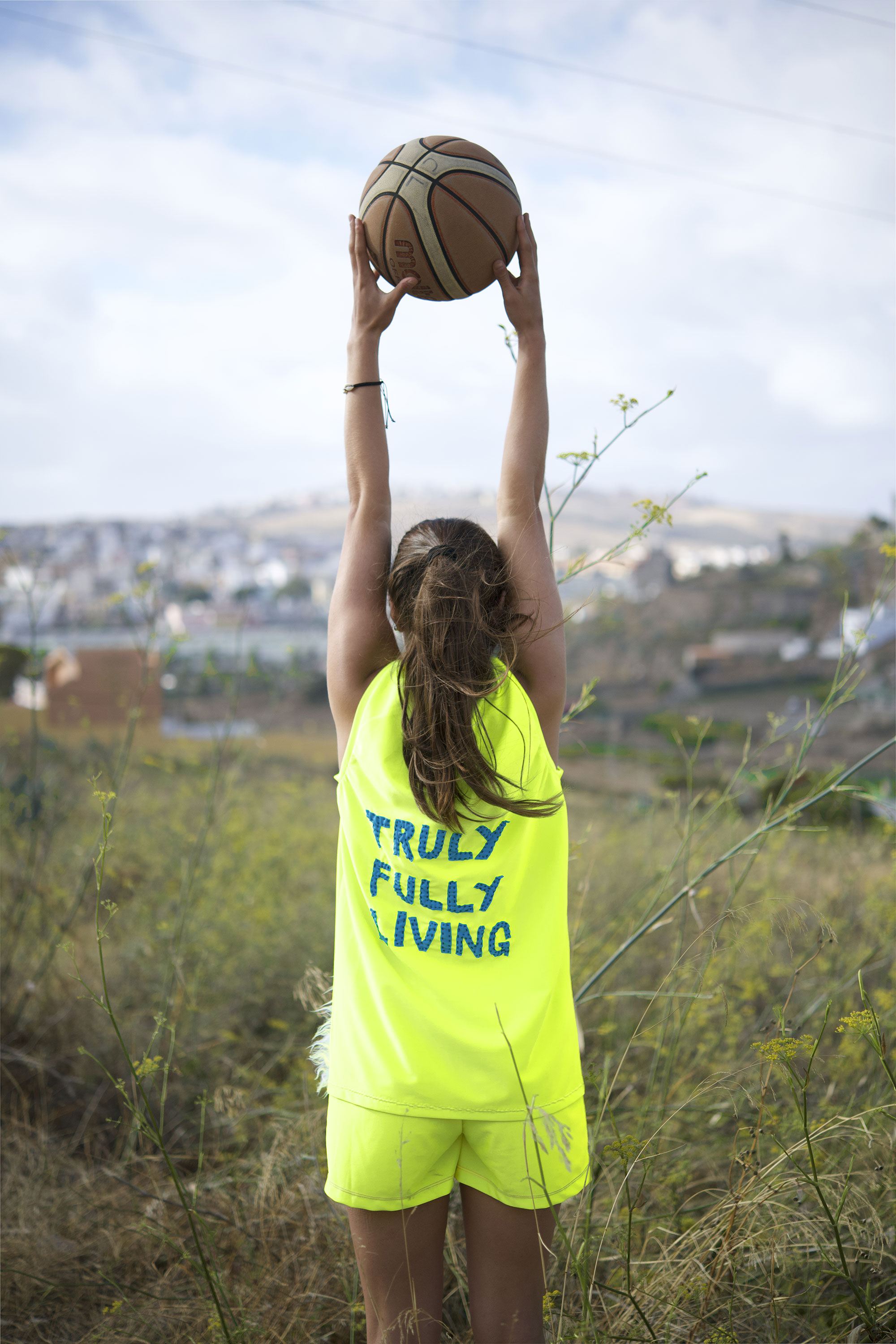
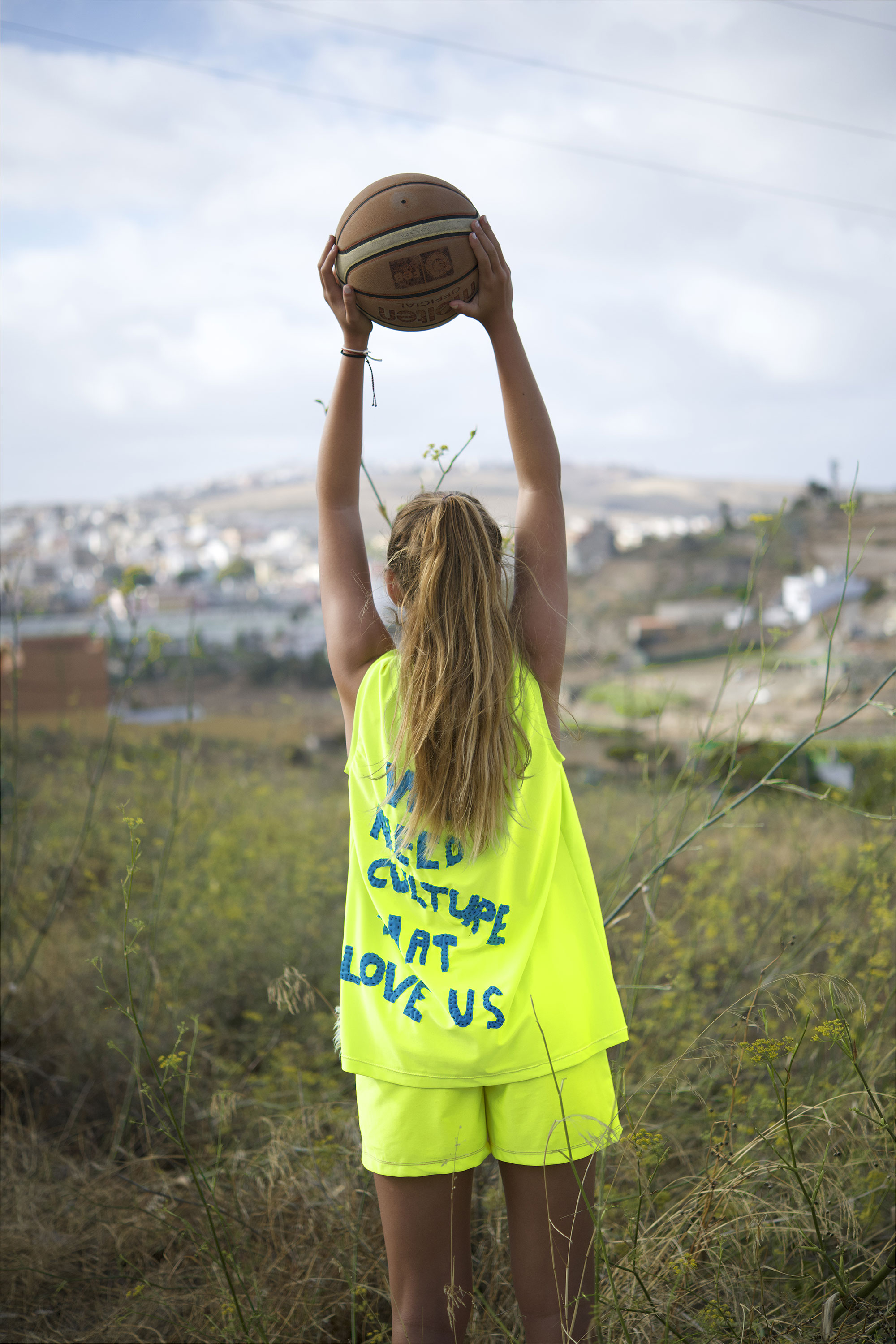
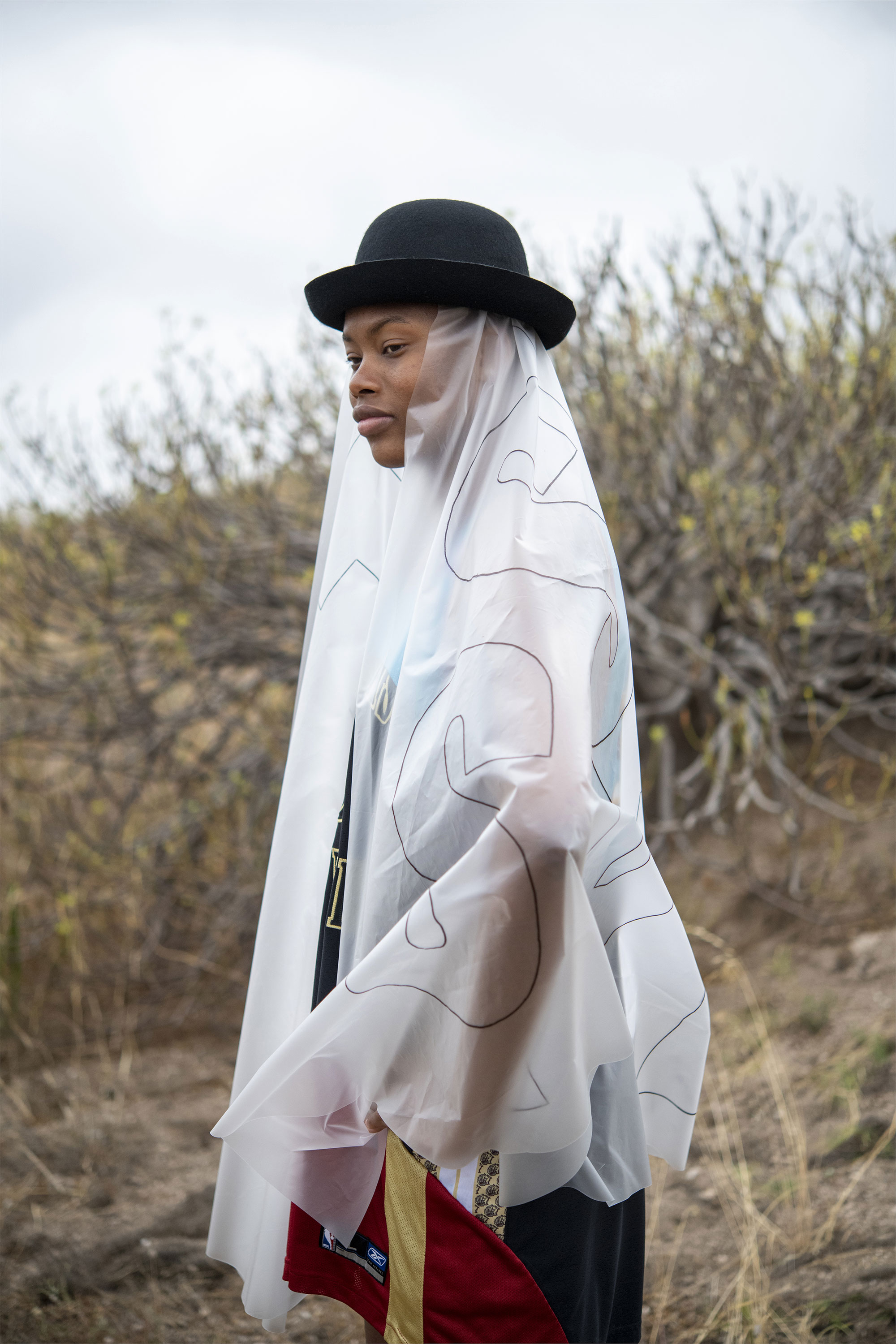
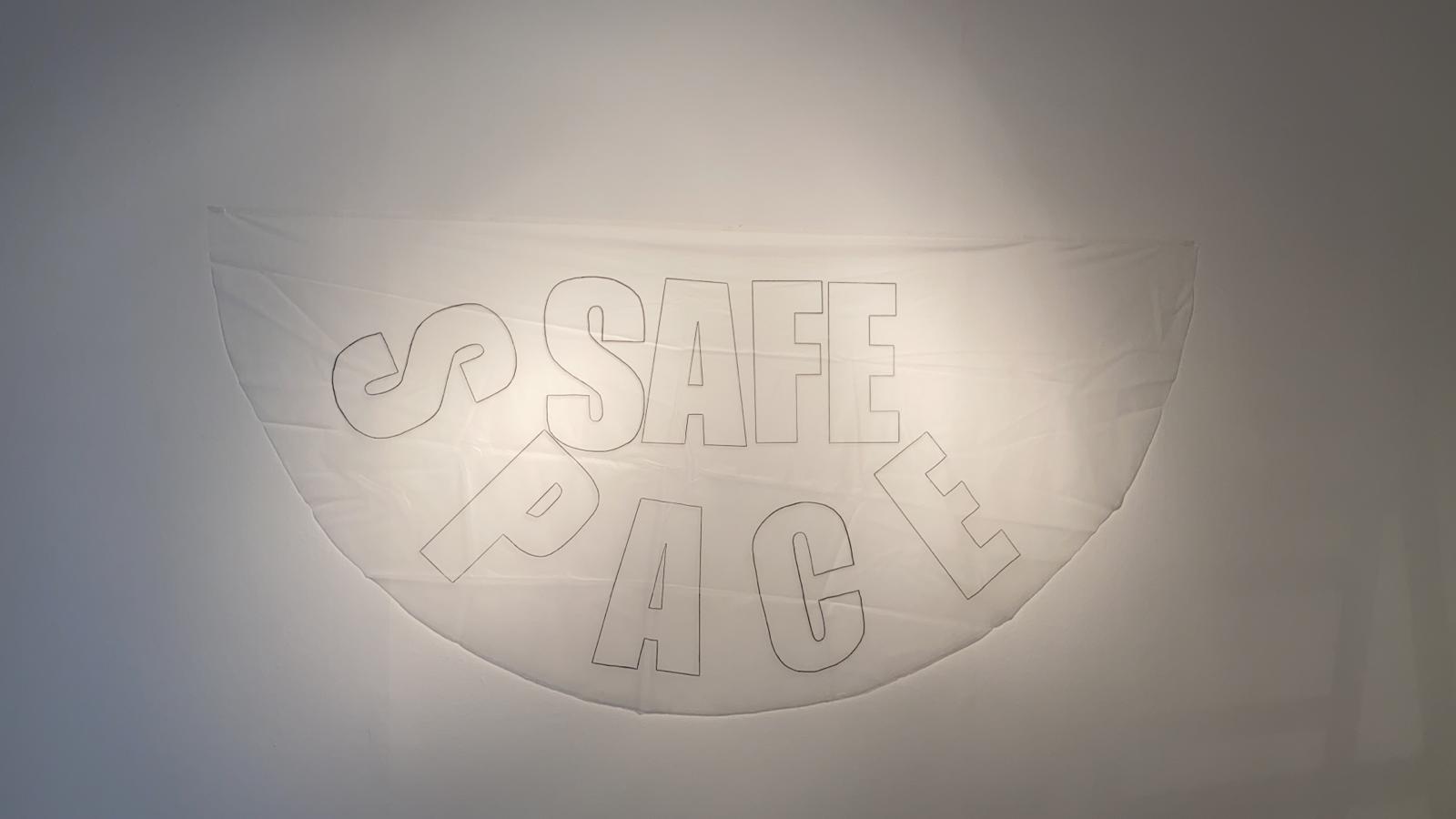
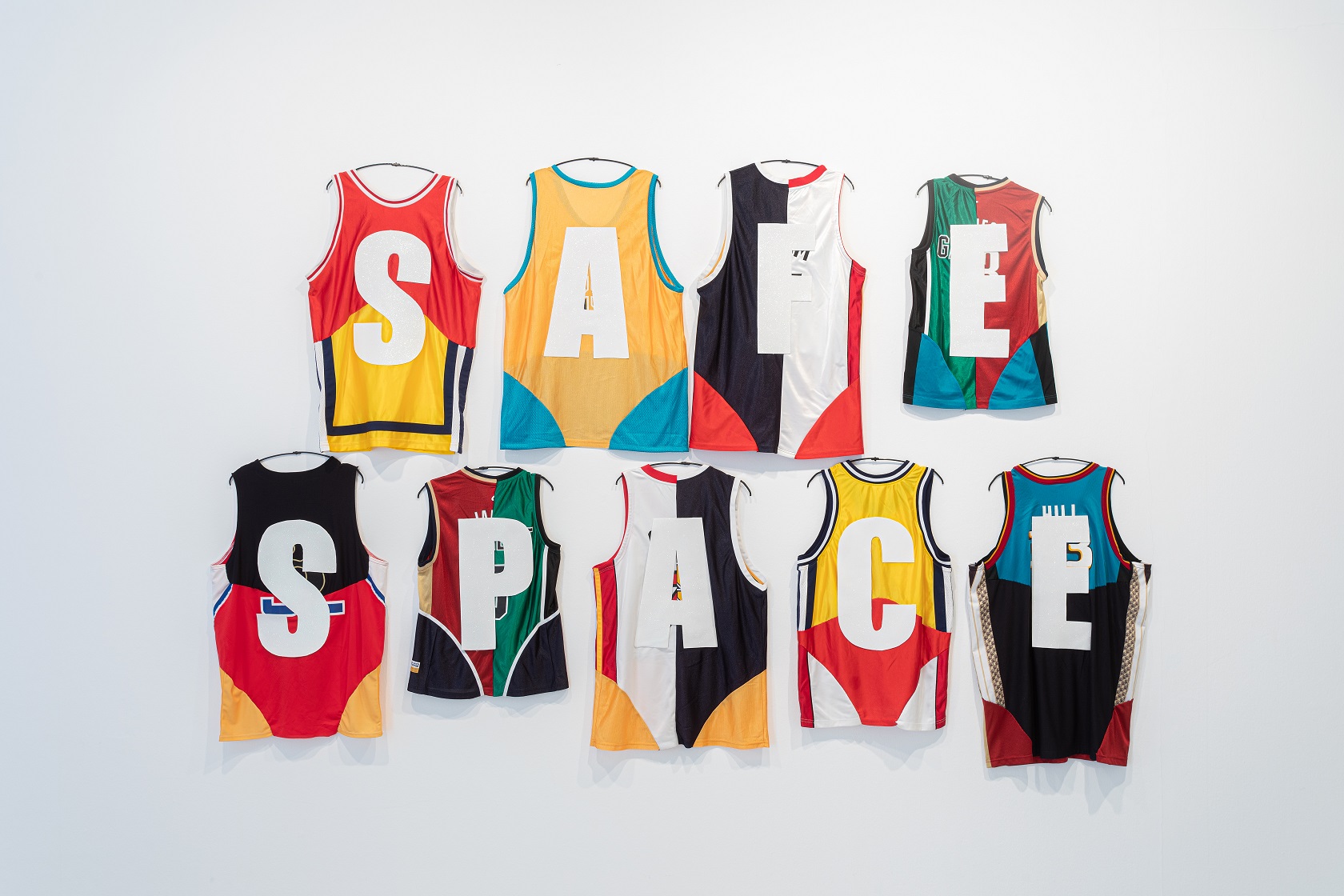
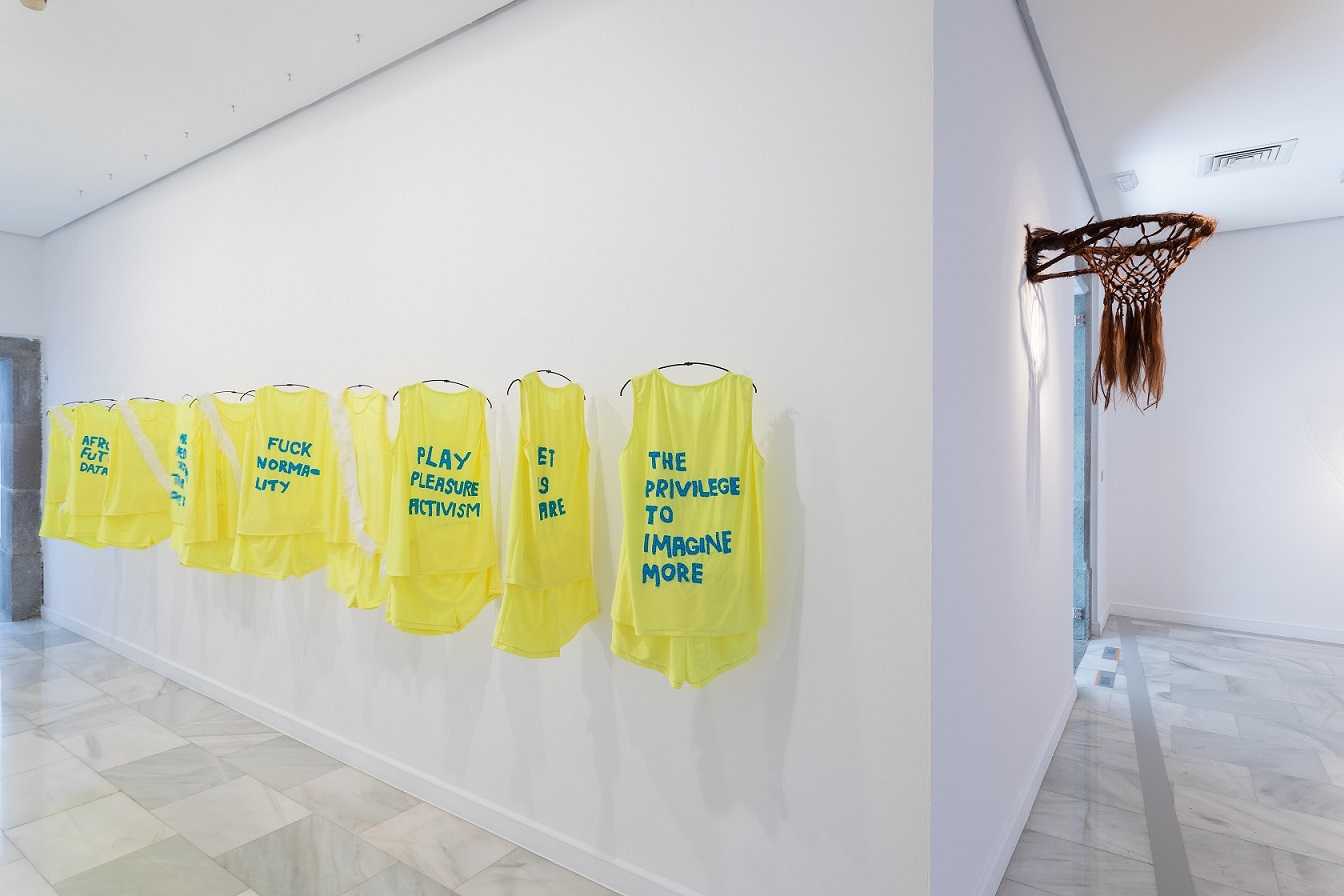
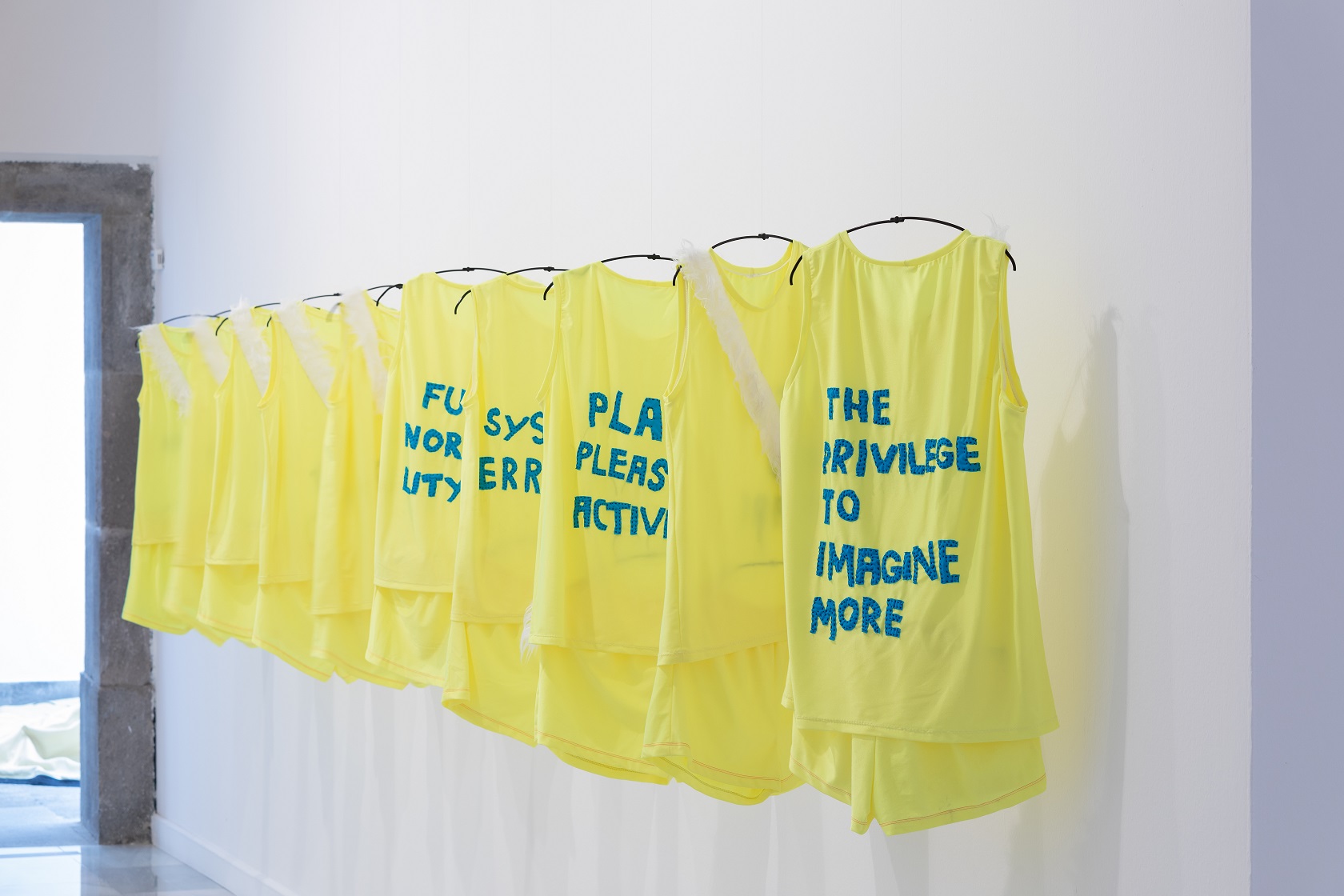
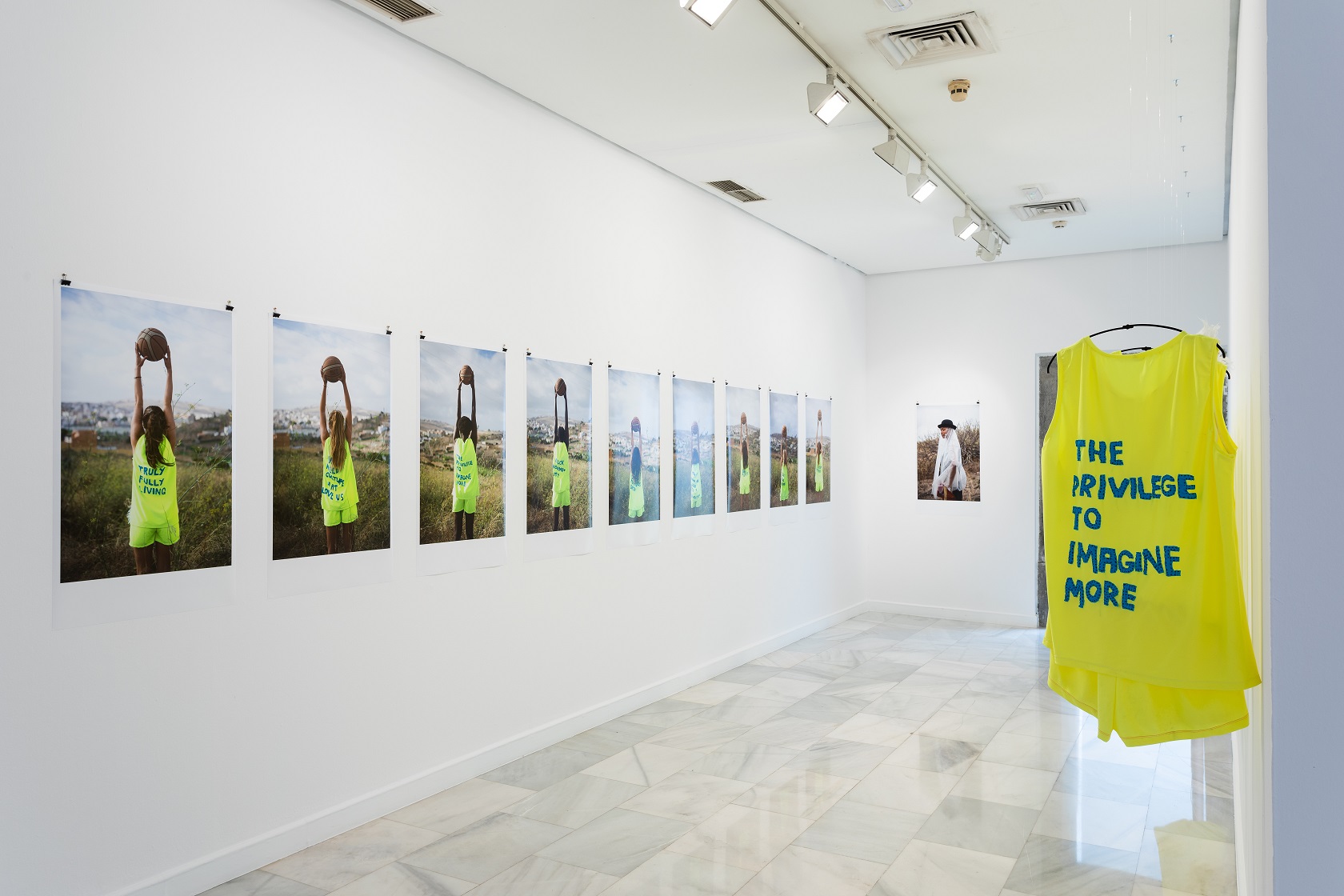
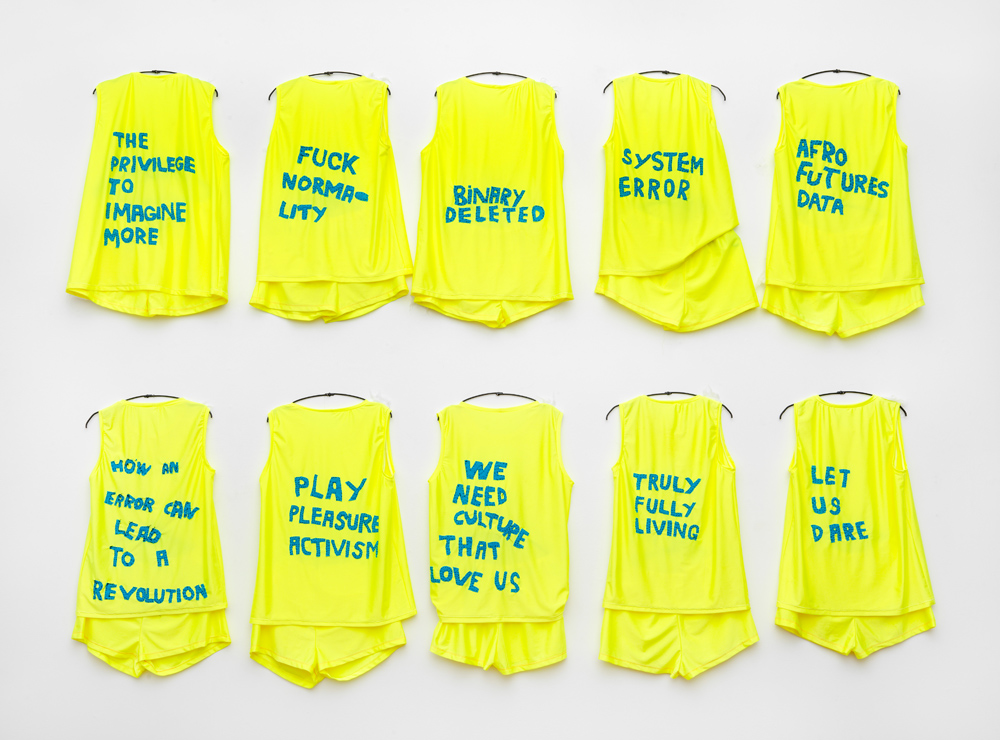
Continuing her work of exploring new ways of demonstration to reclaim urgent human rights, Framis worked very closely with a team of female basketball players from the island of Gran Canaria, Spain. Through her one-year research, Framis interviewed the Canterbury Lions basketball team and then crystallized her findings in a selection of performances, photos, sculptures, and videos that address the relation of women and sports nowadays, reclaiming visibility, equality, and financial support.
Framis designed two new complex outfits for two imaginary clubs: one outfit includes on their backs sentences from the book Glitch Feminism by Legacy Russell, a manifesto of finding liberation in the glitch between body, gender, and technology; the second one incorporated the expression "SAFE SPACE," a term for an area or forum where either a marginalized group is not supposed to face standard mainstream stereotypes and marginalization, or in which a shared political or social viewpoint is required to participate in the space. While notions of "safe space" are frequently invoked in wider feminist environments, they are relatively neglected in academia. Despite a body of scholarship which looks at questions of gender, safety, and space, relatively little attention has been paid to exploring the meaning of "safety" for women and, particularly, the meaning and experience of spaces they consider to be "safe."
The exhibition Sistershoop is about SISTERHOOD, a key feature of feminism, providing a collective sense of unity and purpose but also demonstrating the solidarity of the feminist movement. The fourth wave of feminism with its "hashtag activism" is responsible for building bonds among women, creating networks of mutual support and strengthening their awareness of social and legal rights. Online social networks allow women and girls to surf across national, cultural, class, and religious boundaries and recognize common conditions, problems, and feelings, as well as create a culture that challenges misogyny and sexism.
The exhibition Sistershoop: Garments and Rights at CAAM – The Atlantic Center for Modern Art (21 Oct 2021 – 30 Jan 2022) also incorporates a selection of emblematic works that are part of Framis's artistic production, in which the artist shows her opinion on issues such as the problem of structural inequality suffered by women in contemporary society. This exhibition project dedicated to women's basketball pays tribute to the women who practice this sport, and wishes to make them visible and claim the need for them to be present in the media and receive support from companies and other institutions.
The exhibition includes a catalog SISTERSHOOP: GARMENTS AND RIGHTS, with texts by Marta Fernández, ex-basketball player of the official Spanish basketball team, and Román Padín, art and fashion critic.
Thanks to: Orlando Britto, Cristina Deniz, Cabildo de Las Palmas, Galería Juana de Aizpuru, Horrach Moya Gallery Mallorca, Upstream Gallery Amsterdam